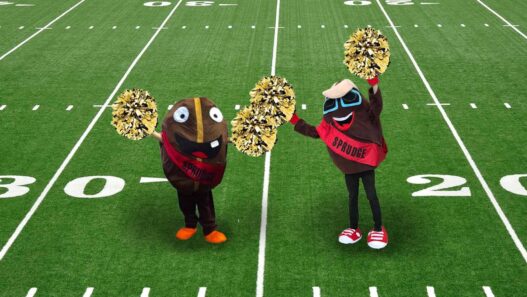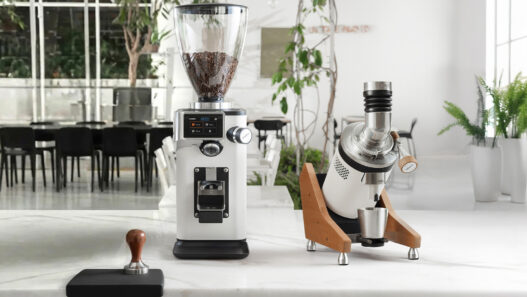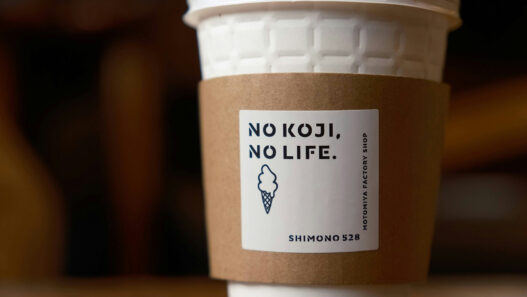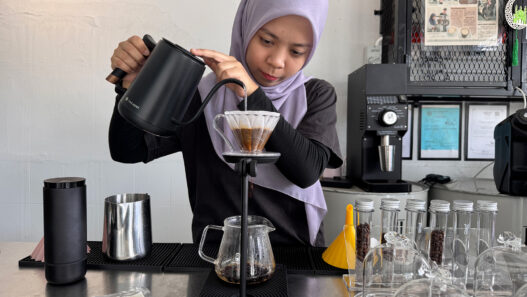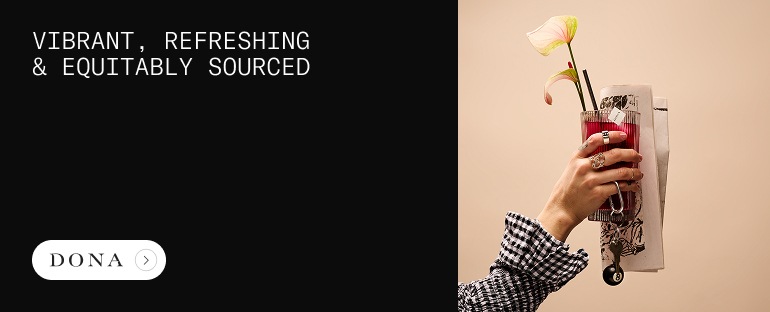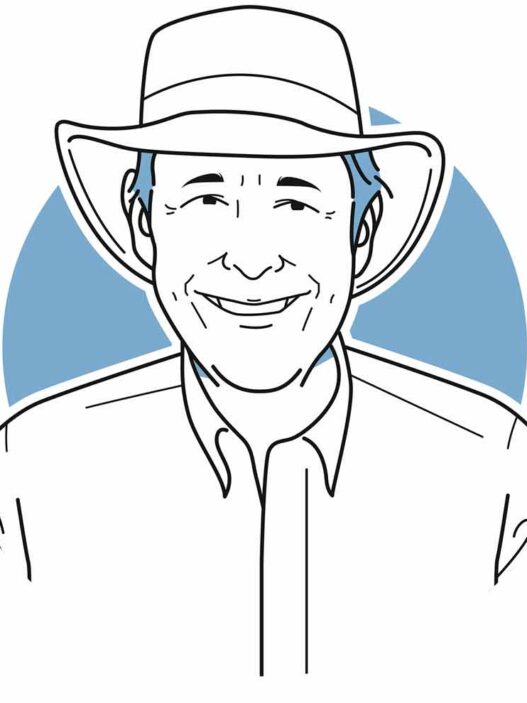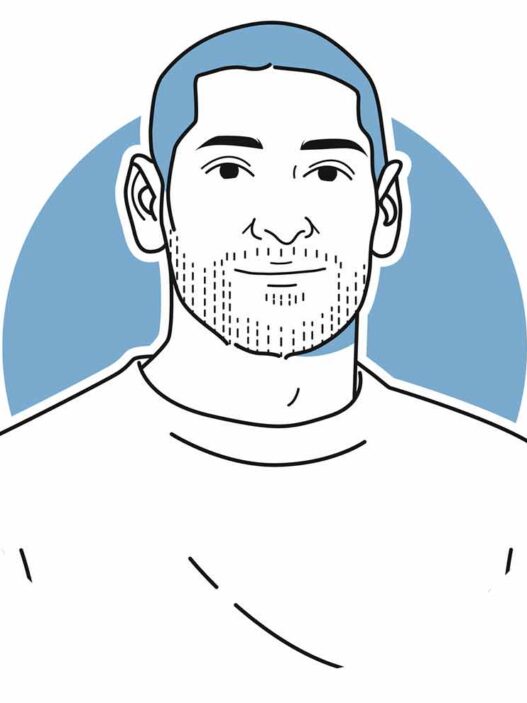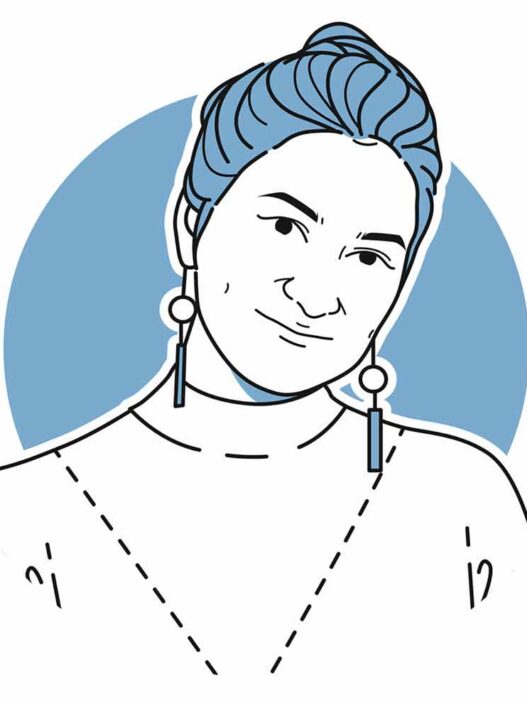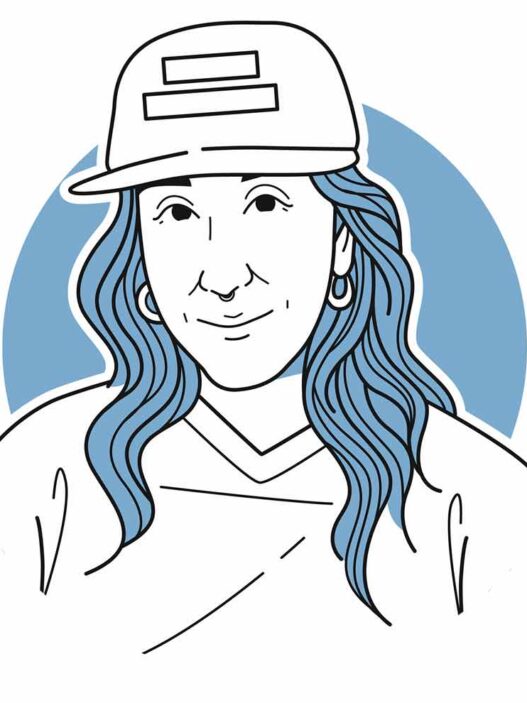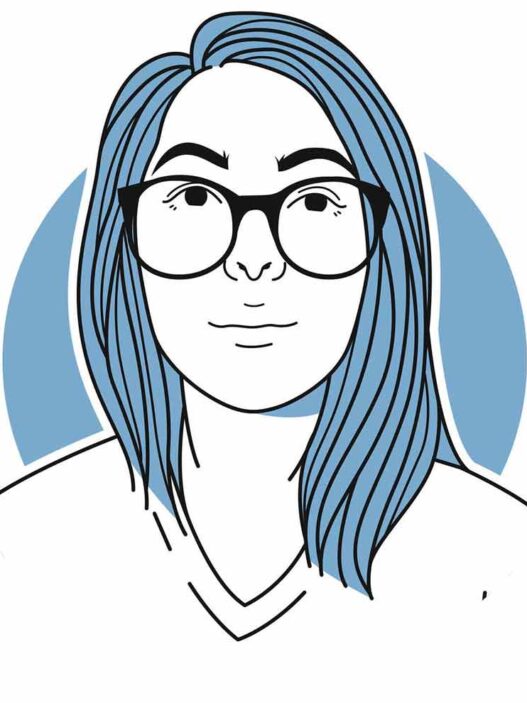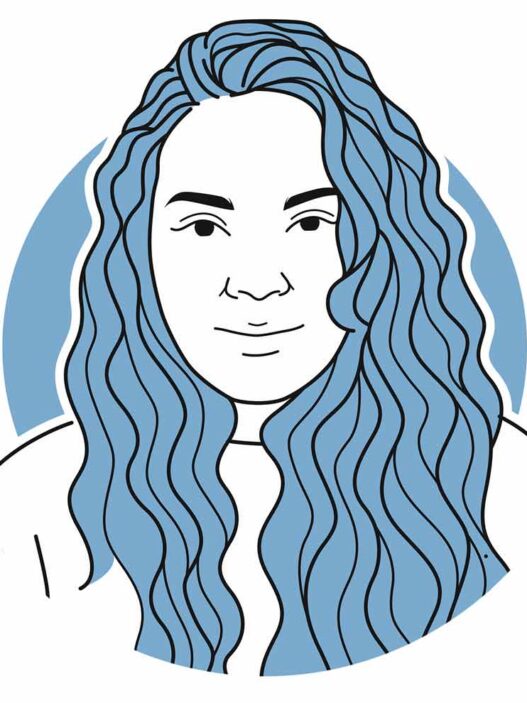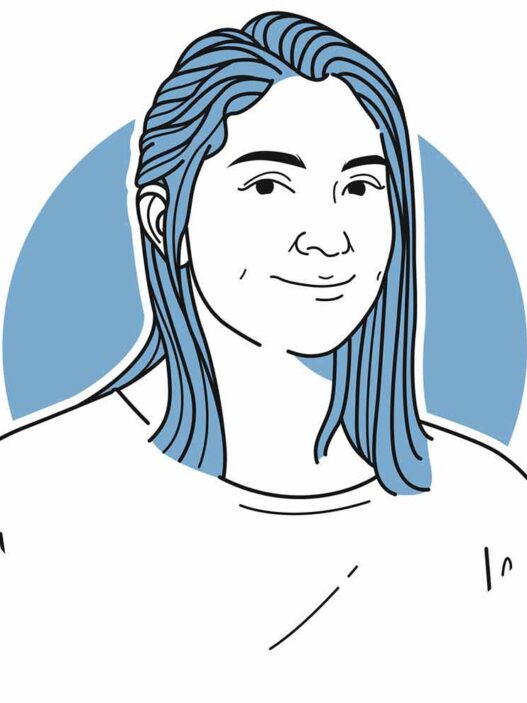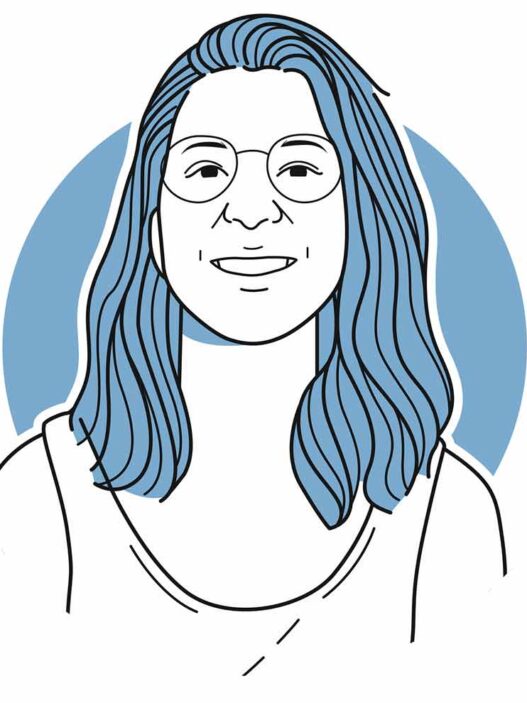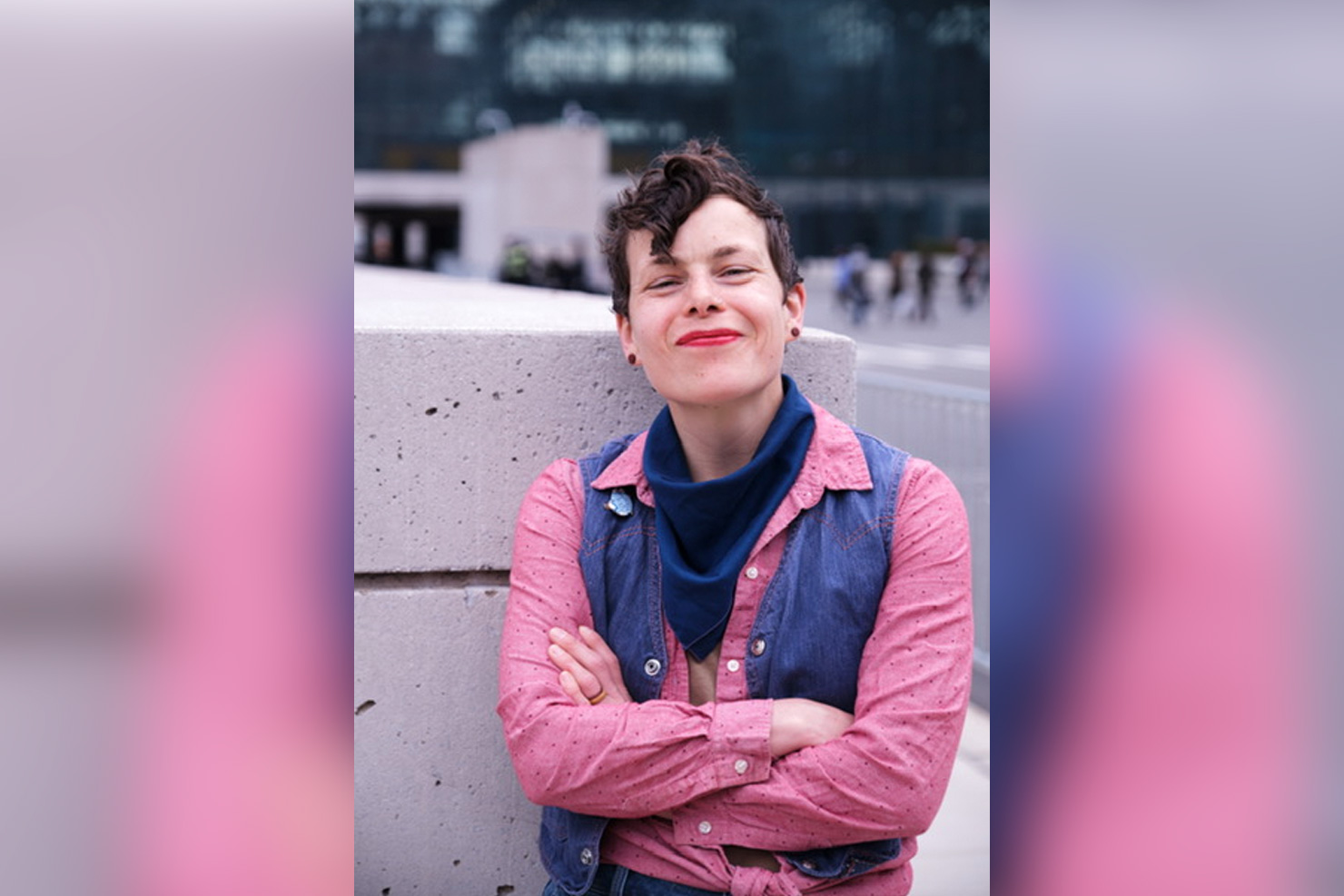
Welcome to The Sprudge Twenty Interviews presented by Pacific Barista Series. For a complete list of 2020 Sprudge Twenty honorees please visit sprudge.com/twenty.
“Ever is a force for good in our industry: She’s a thoughtful, empathetic, and intuitive communicator focused on many of the complex issues at hand today. Outside of her work as Editorial Manager and Director of Education at Cafe Imports, Ever has produced valuable content across written features, presentations, and podcasts. Right now, she’s leaning into some really big questions around specialty coffee marketing ethics and grappling with how we can work towards a more equitable coffee industry. Ever is one of those rare communicators who manages both prolificacy and quality.”
Nominated by Jenn Rugolo
What do you see as coffee’s role in the ongoing struggle for civil rights and racial equality?
Coffee is and always has been political, whether or not we want to accept it. Its very origins are based in brutal colonialism and relentless imperialist capitalism, and despite the advances that have been made in the industry around the world, the coffee sector at large is still affected by the roots of that history. I think that gives specialty coffee in particular a unique opportunity to be part of the active dismantling of racist, imperialist, ruthlessly capitalistic systems that have encouraged and scaffold its growth. This segment of the marketplace was designed as a response—as a slap in the face!—to commercial, commodified, cheap coffee, and we have it within our power to continue to shift the paradigm of how things are done. Specialty coffee has the most brilliant and creative thinkers, has fostered the most out-of-left-field solutions, and has the guts and grit to enact real and lasting change, if we can come together to do it. I believe we can—it will take a lot of work and a lot of honest self-reflection, but I believe that specialty coffee can be a more equitable, fair, empowering, positive force in the world. I genuinely do.
What issue in coffee do you care about most?
Equity is the most important thing to me in coffee, and that includes the struggle to understand it as well as to achieve it. Specialty coffee has an equity problem and it has a meritocracy problem; those two often go hand-in-hand. I’m relieved to see and hear racial equity and equality be talked about more openly these days, and I also see how hard it still is for some coffee professionals to embrace and engage with those conversations. At the end of the day, I couldn’t really care less about cup score or a coffee’s romantic backstory unless there’s equity along the supply stream that brought it to my cup.
What cause or element in coffee drives you?
In my personal work, I’d say the thing that drives me is creating access for coffee people, both professionals and nonprofessionals: There has been too long a history of gatekeeping in this work and I believe that the more access people have to knowledge, tools, mentors, critical thought, and open conversations about coffee the vastly better off we will all be. I am not the smartest mind in this field by any means, but I want to be a dot-connector for folks: I want to create and support pathways for others to learn and grow, whatever form that might take.
What is the quality you like best about coffee?
Coffee people are my favorite thing about coffee, hands down. I’ve met the most brilliant, beautiful, weird, wild, just, generous, creative, challenging, quirky, insightful, and kind people through coffee, on both sides of the counter and all along the supply stream. Second favorite thing? The smell of the stuff. I mean, honestly, is there a better smell on earth?
Did you experience a life-changing moment of coffee revelation early in your career?
I think my biggest revelations early on were primarily about customer service, actually: I definitely came of age as a “no” barista (“no milk, no sugar, no half-caf, no syrups, no fun”), but growing into being a “yes” barista not only made the job easier in a lot of unexpected ways, but it also opened up a real sense of joy in interacting with customers and colleagues and peers that I had been missing out on by trying to be a gatekeeper. I think that switch from begrudging to loving customer service has been a huge lesson for me, and I hope to carry it with me wherever I go in this industry.
What is your idea of coffee happiness?
Sipping a perfect flash-chilled iced coffee while riding the Q train to Coney Island in late August.
If you could have any job in the coffee industry, what would it be and why?
To be honest, I love the job I have and I love the company I work for: I get to learn about, teach about, write about, worry about, and I’m exactly where I want to be.
Who are your coffee heroes?
Anyone who is willing to analyze, evaluate, and actually change the functions of the industry systems that were designed to keep producers disenfranchised, and which continue to do so to this day.
If you could drink coffee with anyone, living or dead, who would it be and why?
Erna Knutsen, the grande dame of specialty coffee, who sadly passed away in 2018. By all accounts, she sounds like she was a real treasure.
If you didn’t work in coffee what do you think you’d be doing instead?
Every once in awhile I really miss newspaper and magazine journalism—another professional community with lots of weird, wild, generous, quirky, challenging, brilliant people in it. (And probably just as overcaffeinated.)
Do you have any coffee mentors?
Absolutely—even an abridged list is too long for this space. There are three people from the relatively early years of my coffee career who get a lot of the credit for keeping me here for the long term: Jonathan Rubinstein, owner of Joe Coffee Company; Amanda Byron, now of Counter Culture but the former director of coffee for Joe; and Barth Anderson, cofounder of Barrington Coffee Roasting Company, who was Joe’s roaster when I started there. Without the unwavering support, enthusiasm, generosity, patience, friendship, and good humor of these three, I would be nowhere near answering these questions.
What do you wish someone would’ve told you when you were first starting out in coffee?
Cup score isn’t the most important thing in life.
Name three coffee apparatuses you couldn’t do without.
A conical-burr grinder. A Kalita wave dripper. My favorite spoon.
Best song to brew coffee to at the moment.
Genesis, “No Reply at All”
Where do you see yourself in 2040?
By then I will finally have my Decaf Before Death tattoo.
What’s your favorite coffee at the moment?
Right now, I’m drinking copious amounts of E.A. decaf from Nariño, Colombia, and I’m loving it. (See previous answer: I mean it.)
How has the COVID-19 pandemic impacted you personally and professionally?
This is a huge question and I’ve stared at it for a long time. In most significant ways I’m very aware of my privilege and very grateful to still have work, my health, a support network, and virtual access to my friends and family. While not much has appeared to change for me on a surface level, there is such a great dread and tremendous anxiety that has gone along with every news update and every story from a friend who has lost work, lost a loved one, become ill, watched someone else become ill, watched their dreams evaporate. As a professional in an industry and community I’m devoted to, it’s been truly gutting to watch my peers, heroes, friends, and employers wrestle with the hardest decisions of their lives, the greatest losses, the biggest disruptions. What will we do? How will we go back to the conversations we were having before all of this? How can we advocate for change when everyone is simply trying to survive? I have not personally suffered and I don’t want to equate the feelings I’m having with the actual impacts that this global situation is having, but… well, you know. It’s a helluva fucking lot. (That might not be the answer you want but I don’t know how else to answer this, I guess.)
Is there any donation fund or resource in your community we can share with our readers?
I would love to boost the signal of Wildflyer Coffee in my hometown of Minneapolis: It’s an initiative that uses coffee in order to provide job stability and training to youth who are at risk of or experiencing homelessness in the Twin Cities.
The Sprudge Twenty Interviews are presented in partnership by Sprudge & Pacific Barista Series. For a complete list of 2020 Sprudge Twenty honorees and a complete interview archive, please visit sprudge.com/twenty.




